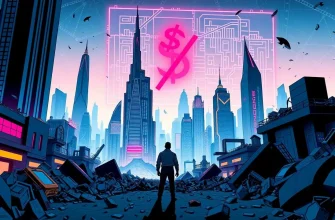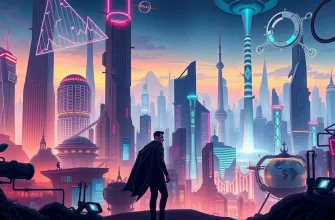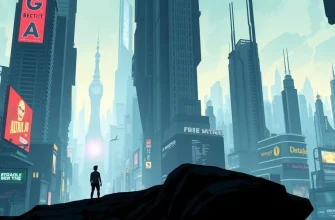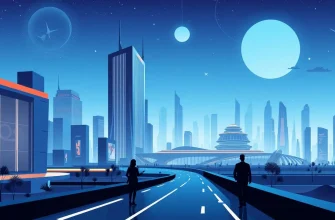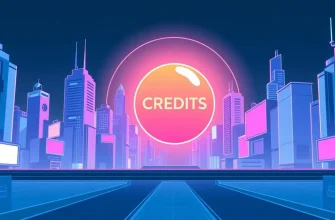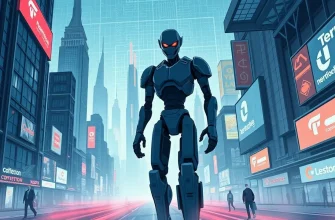Dive into a world where money, technology, and society intertwine in unexpected ways. This curated list of 10 sci-fi films offers a glimpse into potential financial futures, exploring themes like cryptocurrency, economic collapse, and the rise of AI in finance. Whether you're a finance enthusiast or a sci-fi aficionado, these films provide both entertainment and food for thought on how our economic systems might evolve.

The Matrix (1999)
Description: While not explicitly about finance, the film's world where humans are used as energy sources by machines touches on the exploitation of human labor and the control of economic systems.
Fact: The film's concept of the Matrix was influenced by cyberpunk literature, exploring themes of reality, control, and freedom.
 Watch Now
Watch Now 
The Island (2005)
Description: Clones are raised to provide organs for their wealthy counterparts. This film explores the ethics of human cloning and the economic value placed on life.
Fact: The film's setting was inspired by the idea of a utopian society, but with a sinister twist.
 Watch Now
Watch Now 
Wall Street: Money Never Sleeps (2010)
Description: While not strictly sci-fi, this sequel to "Wall Street" looks at the financial world post-2008 crisis, exploring themes of greed, power, and the future of finance.
Fact: The film was released during the height of the financial crisis, making its themes particularly resonant.
 Watch Now
Watch Now 
Repo Men (2010)
Description: In a future where artificial organs are sold on credit, repo men repossess organs from those who default on payments. It's a dark look at the commodification of human life and debt.
Fact: The film was originally titled "The Repossession Mambo," reflecting its darkly comedic tone.
 Watch Now
Watch Now 
The Adjustment Bureau (2011)
Description: A man discovers that his life is being controlled by a mysterious group, touching on themes of fate, free will, and the manipulation of life's outcomes for economic or political gain.
Fact: The film is based on a Philip K. Dick short story, reflecting his frequent themes of reality and control.
 Watch Now
Watch Now 
Elysium (2013)
Description: Set in 2154, the rich live on a luxurious space station called Elysium, while the rest of humanity lives in poverty on Earth. The film delves into themes of wealth inequality and healthcare as a luxury.
Fact: The space station Elysium was designed to look like a giant, floating paradise, contrasting sharply with the dystopian Earth.
 Watch Now
Watch Now 
In Time (2011)
Description: In a future where time is literally money, people must work to earn more time to live. This film explores the concept of time as currency, where the rich can live forever, and the poor must fight for every second.
Fact: The film's concept was inspired by the idea of time as a commodity, reflecting real-world economic disparities.
 Watch Now
Watch Now 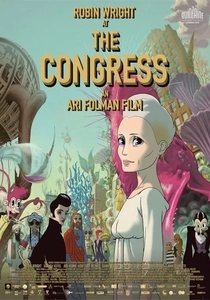
The Congress (2013)
Description: An actress sells her image to a studio, which then uses it in any film they want, exploring themes of identity, ownership, and the future of entertainment in a digital age.
Fact: The film blends animation with live-action to depict the surreal future of Hollywood.
 Watch Now
Watch Now 
The Circle (2017)
Description: A tech company's quest for transparency and connectivity blurs the lines between personal privacy and corporate control, with implications for future economic systems.
Fact: The film is based on a novel by Dave Eggers, exploring the potential dark side of social media and technology.
 Watch Now
Watch Now 
Upgrade (2018)
Description: In a future where technology has advanced significantly, a man gets an AI implant that controls his body, exploring themes of human augmentation and economic disparity.
Fact: The film was praised for its practical effects and its exploration of transhumanism.
 Watch Now
Watch Now 

